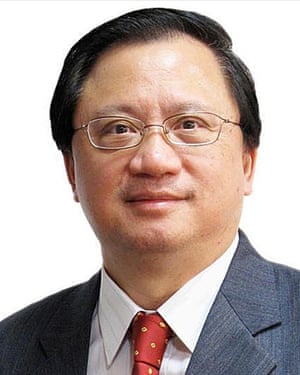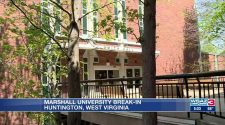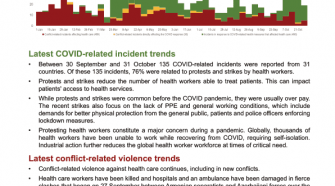Hong Kong’s continuing political unrest has led to a surge in applications from residents seeking to emigrate, including to Australia, and some migration agents are reporting a doubling in inquiries as the protests run into their third month.
Australia was the top destination for Hong Kong emigrants in 2018 – nearly a third (2,400) of the 7,600 Hongkongers who left last year went to Australia.
Hong Kong migration agent John Hu said Australia had long been a preferred destination for emigrating Hongkongers, desired for its political stability, climate, similar time zone, and existing family links and Hong Kong diaspora.
“The political climate is not easy here,” Hu, a principal consultant with John Hu Migration Consulting, said.
He said his business had experienced double-digit growth each year for the past five years, beginning when the 2014 pro-democracy Umbrella Movement occupied key city streets for 79 days.
“When protests start to bring unrest to Hong Kong, and as these protests have gone on for a long time, we have people ringing us up, they are becoming more and more determined to get a visa for what we call a ‘plan B’.
“Over the last few months, there has been a very large increase in people inquiring about Australia. If we were getting 10 to 15 applications every month before, now it’s 20 to 30.”
Hu said political instability was not the only driver of emigration. Economic factors, in particular housing prices, a lack of job opportunities for graduates, and a waning faith in the state education system, were sending thousands abroad.
He said three broad categories of migrants were seeking to relocate to Australia: young professionals seeking career advancement; families with young children looking for more affordable housing and good schools for children; and baby boomers considering retirement.

“There’s a very interesting debate about whether Hong Kong is a safe place to live, with the protests at the airport and around the city. But there are other reasons too. Hong Kong has the most expensive real estate in the world, the education system is not very good, and for people beginning their careers, they must work for about 20 years before they can buy their first home.”
The Migration Institute of Australia national president, John Hourigan, told the Guardian that “whenever there is unrest in overseas countries, there is always a surge of inquiries and Hong Kong is no different”.
He said many visa categories to migrate to Australia had significant time delays: skilled visas required skills assessment and English language tests, and family stream visas faced extended queues (parent visa waiting times are currently between six and 30 years).
“The business investment visa program, which is popular with citizens of Hong Kong, tends to have a lag time of several months due to the substantial funds transfers and documentation requirements, and we may see an increase in activity in this program within the coming months,” Hourigan said.
But he said any increase in applications from Hong Kong would have to fit within the Australian government’s significantly reduced immigration program planning levels for 2019-20.
According to Hong Kong’s Security Bureau, about 7,600 Hongkongers emigrated last year, up from 6,500 in 2017. The numbers leaving annually from 2014 to 2016 ranged between 6,900 and 7,600.
The top three destinations for the past five years have been Australia, the United States and Canada. In 2018, 2,400 Hong Kong residents moved to Australia, 1,600 to the United States and 1,100 to Canada.
A survey conducted by the Hong Kong Institute of Asia-Pacific Studies last December (months before the current unrest began) found that more than one-third (34%) of respondents would emigrate if they had the opportunity. The younger generation were more likely to want to leave (51% of 18 to 30-year-olds), as well as those with tertiary education (47.9%).
The top three “push factors” were “too much political dispute/social cleavage” (25.7%), “overcrowded living conditions” (25.7%), and “dissatisfaction with the political institutions” (17.4%).
Emigrants sought “ample living space” (35%), “better air quality, less pollution and beautiful environment” (22.3%), and “more liberty and better conditions for human rights” (15.6%).
The protests on the streets of Hong Kong, which ostensibly began over a proposed extradition bill with mainland China, have metamorphosed into a broader pro-democracy movement. They have regularly brought millions on to the streets over 11 weeks of rolling, occasionally violent, demonstrations.
The Chinese government has overtly displayed its military power, massing vehicles and troops in the border city of Shenzhen, but has made no move to cross the border into the Hong Kong Special Administrative Region.













